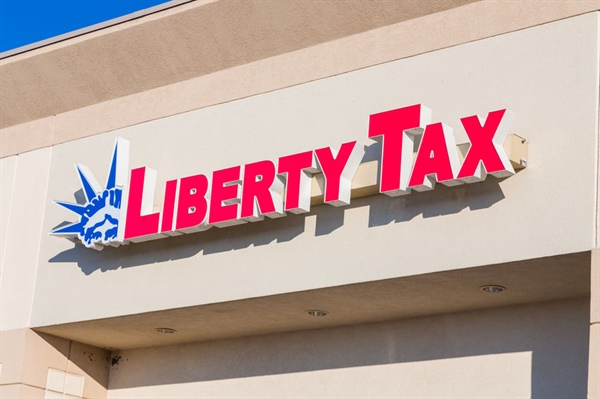Just because a nationwide tax preparation company is well known doesn’t mean the advice given by its representatives is wise or even legal. Liberty Tax Services drove home that point earlier this month. It settled with the federal government for failing to maintain adequate controls over tax returns prepared by its franchisees and, in some cases, overlooking fraud.
Between 2013 and 2018, the U.S. Department of Justice filed ten actions against Liberty franchisees that it says formed a “common pattern” of “concocting income for customers to claim the Earned Income Tax Credit, fabricating expenses to reduce income tax liability, claiming improper or false dependents, and falsifying education expenses.”
The IRS considers return-preparer fraud among the top tax scams it deals with every year. In a statement issued last tax season, the IRS notes that while “most tax professionals provide honest, high-quality service, a minority of dishonest preparers [perpetuate] refund fraud, identity theft and other scams that hurt innocent taxpayers.”
The IRS offers these tips to make sure you’re getting quality, professional help. Among them:
- Check sites like the Better Business Bureau and, for CPAs, the State Board of Accountancy for complaints and disciplinary actions.
- Be sure the preparer asks for applicable records and receipts. A preparer should never file a tax return simply using a pay stub.
- Review your tax return before signing and ask questions about anything that seems out of line with the information that you provided to the preparer. Never sign a blank or incomplete return.
For more information about tax-preparer best practices, feel free to contact us.
Image via 123rf.com

